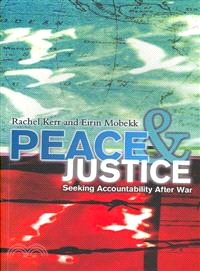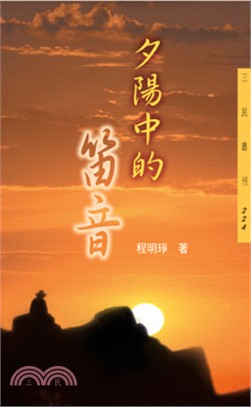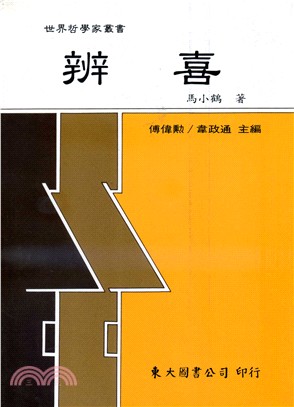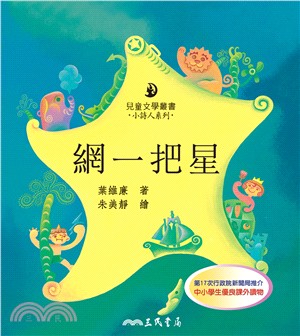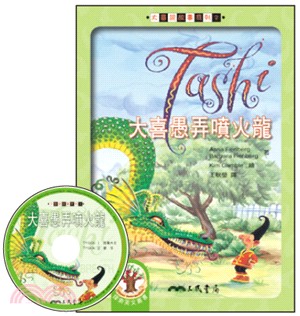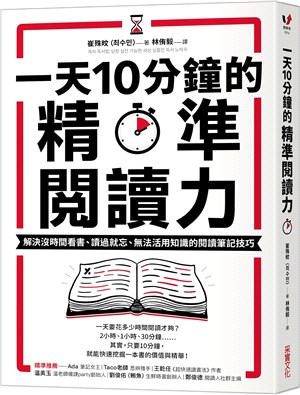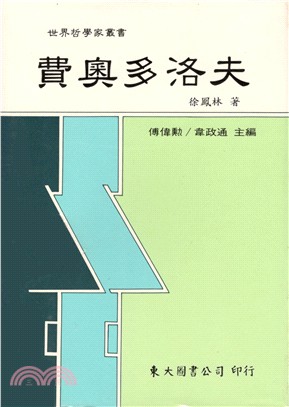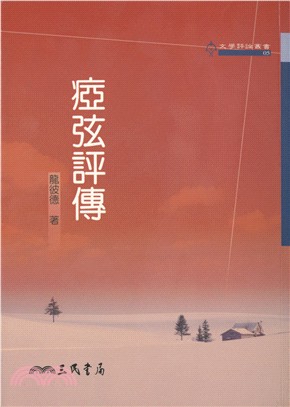Peace And Justice - Seeking Accountability After War
商品資訊
ISBN13:9780745634234
出版社:John Wiley & Sons Inc
作者:Kerr
出版日:2007/08/29
裝訂/頁數:平裝/256頁
規格:22.9cm*14.6cm*1.3cm (高/寬/厚)
相關商品
商品簡介
作者簡介
目次
商品簡介
In recent years there has been a tendency to intervene in the military, political and economic affairs of failed and failing states and those emerging from violent conflict. In many cases this has been accompanied by some form of international judicial intervention to address serious and widespread abuses of international humanitarian law and human rights in recognition of an explicit link between peace and justice. A range of judicial and non-judicial approaches has been adopted in recognition of the fact that there is no one-size-fits-all model through which to seek accountability. This book considers the merits and drawbacks of these different responses and sets out an original framework for analysing transitional societies and transitional justice mechanisms. Taking as its starting point the post-Second World War tribunals at Nuremburg and Tokyo, the book goes on to discuss the creation of ad hoc international tribunals in the 1990s, hybrid/mixed courts, the International Criminal Court, domestic trials, truth commissions and traditional justice mechanisms. With examples drawn from across the world, including the former Yugoslavia, Rwanda, Cambodia, Timor-Leste, Sierra Leone, Uganda and the DRC, it presents a compelling and comprehensive study of the key responses to war crimes. Peace and Justice is a timely contribution in a world where an ever-increasing number of post-conflict societies are grappling with the complex issues of transitional justice. It will be a valuable resource for students, scholars, practitioners and policy-makers seeking to understand past violations of human rights and the most effective ways of addressing them.
* A compelling and comprehensive new study of the key responses to war crimes * Considers the merits and drawbacks of different responses of international judicial intervention * Sets out an original framework for analysing transitional societies and transitional justice mechanisms * Examples drawn from across the world, including the former Yugoslavia, Rwanda, Cambodia, Timor-Leste, Sierra Leone Uganda and the DRC * A valuable resource for students, scholars, practitioners and policymakers seeking to understand past violations of human rights and the most effective ways of addressing them
* A compelling and comprehensive new study of the key responses to war crimes * Considers the merits and drawbacks of different responses of international judicial intervention * Sets out an original framework for analysing transitional societies and transitional justice mechanisms * Examples drawn from across the world, including the former Yugoslavia, Rwanda, Cambodia, Timor-Leste, Sierra Leone Uganda and the DRC * A valuable resource for students, scholars, practitioners and policymakers seeking to understand past violations of human rights and the most effective ways of addressing them
作者簡介
Rachel Kerr is a Lecturer in the Department of War Studies, King’s College, London.Eirin Mobekk is is an independent consultant and research associate affiliated to the Centre for International Security and Cooperation, Department of Peace Studies, University of Bradford.
目次
Preface and acknowledgements iv.Contents.List of abbreviations.1 Peace and Justice.1.1 Transitional/Post-Conflict Justice.1.1.1 Accountability.1.1.2 Deterrence.1.1.3 Historical record.1.1.4 Reconciliation, and healing.1.1.5 Redress for victims.1.1.6 Removal of perpetrators.1.1.7 Capacity-building and the rule of law.1.2 Risks and dangers.1.2.1 Destabilisation.1.2.2 Retraumatisation.1.2.3 Politicisation.1.3 Context, context and context.1.3.1 Cultural norms and values.1.3.2 Nature of the conflict and extent and types of abuses.1.3.3 Needs of victims, survivors and perpetrators.1.3.4 Peace agreement.1.3.5 Finance and infrastructure.1.3.6 Political will.1.3.7 International involvement.1.4 The book.2 The Nuremberg Legacy.2.1 Nuremberg and Tokyo.2.2 International Humanitarian Law post-1945.2.3 International Criminal Law.2.4 Human Rights Law.2.5 Conclusion.3 Ad hoc International Criminal Tribunals: The ICTY and ICTR.3.1 International judicial intervention.3.2 Establishing a court and launching investigations.3.3 Jurisdiction and Procedure.3.4 State cooperation and judicial assistance.3.5 Justice, Peace and Reconciliation.3.5.1 Delivering justice.3.5.2 Contribution to international criminal law.3.5.3 Restoring and maintaining peace.3.5.4 Deterrence.3.5.5 Historical record.3.5.6 Reconciliation.3.5.7 Removing perpetrators.3.5.8 Political leverage.3.5.9 Engaging the local population.3.6 Conclusion.Box 3.1: The Yugoslav War.Box 3.2: Rwanda.4 The International Criminal Court.4.1 Establishing the Court: the Rome Statute.4.2 Jurisdiction and admissibility.4.3 Applicable law.4.4 The ‘essential paradox’ of complementarity.4.5 The role of the Prosecutor.4.6 The relationship with the Security Council.4.7 The United States and the International Criminal Court.4.8 International criminal justice and international peace and security: a ‘perfect symbiosis’?.4.9 Engaging the local population and meeting victims’ needs.4.10 Peace and justice?.4.11 Conclusion.Box 4.1: Situations and Cases.Uganda.Democratic Republic of Congo (DRC).Sudan.Box 4.2: Universal jurisdiction.5 ‘Internationalized’ Courts.5.1 A New Breed of Tribunal?.5.1.1 Jurisdiction and procedure.5.1.2 Financial and logistical challenges.5.1.3 State Cooperation and Judicial Assistance.5.1.4 Relationship to domestic courts.5.1.5 Communication and outreach.5.2 Justice, peace and reconciliation.5.2.1 Providing justice.5.2.2 Peace and reconciliation.5.2.3 Complementarity.5.2.4 Capacity-building and the rule of law.5.3 Conclusion.Box 5.1: The Special Court for Sierra Leone.Box 5.2: Regulation 64 Panels in Kosovo.Box 5.3: Special Crime Panels in Timor-Leste Error! Bookmark not defined.Box 5.4: ‘Extraordinary Chambers’ in Cambodia.6 Domestic Trials.6.1 Rights and Obligations in International Law.6.2 Judicial Reform: A Primary Hurdle for Domestic Trials.6.3 Political and Practical Obstacles to Domestic Trials.6.3.1 Political Realities and Destabilisation.6.3.2 Amnesties.6.3.3 Financial Obstacles.6.3.4 Victor’s Justice or Vengeance.6.3.5 Selectivity.6.3.6 Re-victimisation.6.3.7 Evidence and Witness Protection.6.4 Benefits of Domestic Trials.6.5 Conclusion.Box 6.1: Domestic Trials – Rwanda.Box 6.2: Domestic Trials – The Indonesian Ad Hoc Human Rights Court.Box 6.3: The Supreme Iraqi Criminal Tribunal.7 Truth Commissions.7.1 Definitional Clarity.7.2 Design and Resources.7.3 ‘Truth’ and ’reconciliation’ in Truth Commissions.7.4 Restorative Justice – Healing and Retraumatisation.7.5 Additional Benefits and Limitations of Truth Commissions Error! Bookmark not defined.7.5.1 Acknowledgement and Local Ownership Error! Bookmark not defined.7.5.2 Amnesties.7.5.3 Due Process and Naming Names.7.5.4 Deterrence.7.5.5 Political Obstacles.7.6 Conclusion.Box 7.1: The Truth and Reconciliation Commission in the DRC.Box 7.2: The Truth and Reconciliation Commission in South Africa.Box 7.3: The Commission on the Truth for El Salvador. *
主題書展
更多
主題書展
更多書展本週66折
您曾經瀏覽過的商品
購物須知
外文書商品之書封,為出版社提供之樣本。實際出貨商品,以出版社所提供之現有版本為主。部份書籍,因出版社供應狀況特殊,匯率將依實際狀況做調整。
無庫存之商品,在您完成訂單程序之後,將以空運的方式為你下單調貨。為了縮短等待的時間,建議您將外文書與其他商品分開下單,以獲得最快的取貨速度,平均調貨時間為1~2個月。
為了保護您的權益,「三民網路書店」提供會員七日商品鑑賞期(收到商品為起始日)。
若要辦理退貨,請在商品鑑賞期內寄回,且商品必須是全新狀態與完整包裝(商品、附件、發票、隨貨贈品等)否則恕不接受退貨。




